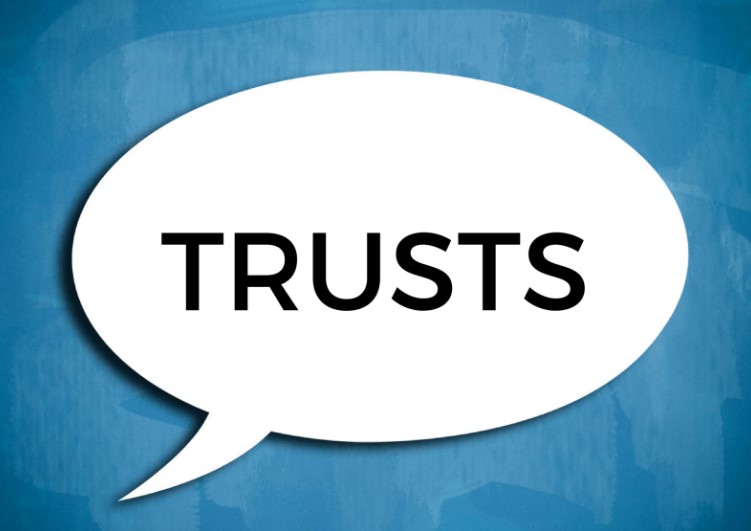
There have been a lot of rule changes for trusts over the past few years – and now Inland Revenue has introduced another tweak, one you need to know about if you use trusts to protect your assets.
Who’s who when it comes to trusts
To understand the new rule, you need to know the roles within a trust:
- The settlor sets up the trust or moves assets into the trust for the benefit of others (called beneficiaries); there can be more than one settlor. For example, you might set up a trust to protect your family home from claims against your business – you are the settlor.
- The beneficiaries are those who receive benefits from the trust or the assets it holds. For example, your children or partner.
- The trustees are the people appointed to manage the trust. For example, the trustees might be you, your partner, and a professional advisor.
The new rule can turn beneficiaries into settlors
Trusts can and often make income distributions to beneficiaries without actually paying that money out to the beneficiaries. The money will sit in a beneficiary account and recorded as money owed to the beneficiary by the trust. In the past, this hasn’t been a problem.
Now, if a beneficiary account has more than $25,000 in it which is owed by the trust, the beneficiary will automatically become a settlor of the trust in the eyes of Inland Revenue.
This might not be a problem for everyone, but it can become an issue. For example, if your child is a settlor and they get into trouble with their own property – the trust could be ‘tainted’ by the associated persons rules, possibly putting the assets of the trust at risk. There may also be potential tax issues around the bright line test, and settlors with foreign residence can change the way trusts are taxed.
What should you do if you have a trust?
If you have a trust, get in touch with us and talk to us about your options. You may not need to do anything, but it is important to understand any potential pitfalls. There are ways to prevent beneficiaries becoming settlors without paying them out the distributions, so give us a call – we are here to help.
This publication has been provided as general information associated with the topics covered. It is not intended to be specific advice. We strongly recommend readers seek independent advice from a suitably qualified professional adviser prior to acting in relation to any of the matters discussed in this publication. No person or entity involved in this publication accepts any liability for any loss or damage whatsoever which may directly or indirectly result from any advice, opinion, information, representation, or omission, whether negligent or otherwise, contained in this publication.
